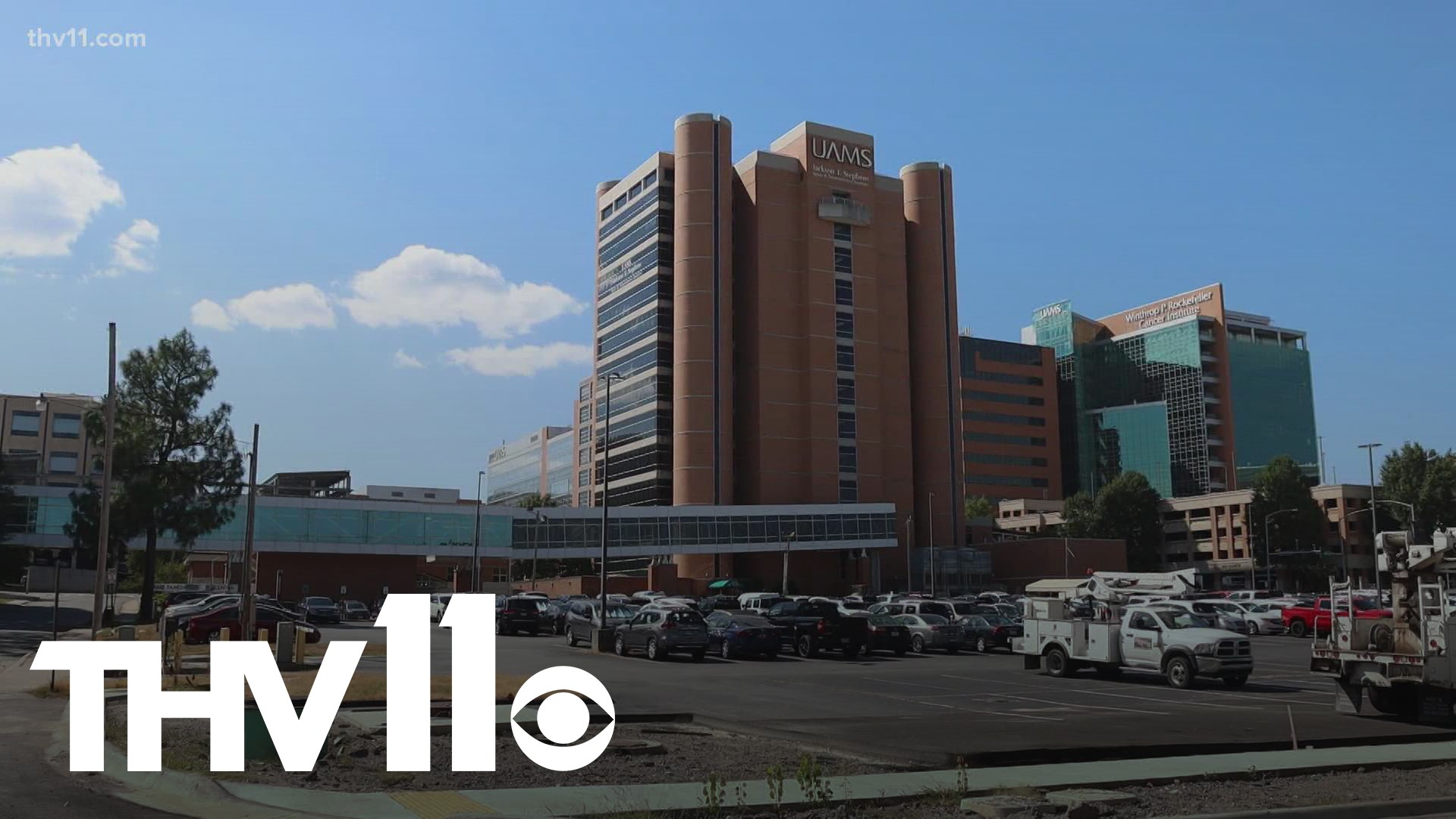LITTLE ROCK, Ark. — A team of UAMS researchers have identified a possible cause for long-lasting symptoms for COVID-19 patients, which are commonly known as long-haulers.
According to the findings, there is an antibody that appears weeks after the initial infection and "attacks and disrupts a key regulator of the immune system."
Researchers and scientists have been trying to understand the cause of COVID-19 patients experiencing symptoms for longer. Around 30% of patients with the virus deal with "lingering fatigue, brain fog and shortness of breath."
“Everything that we’ve found is consistent with this antibody as the instigator of long COVID, so it’s an exciting development that merits further study,” said John Arthur, M.D., Ph.D., professor and chief of the Division of Nephrology at the UAMS College of Medicine, Department of Internal Medicine.
In a press release, UAMS said the antibody causes problems for the immune system by attacking an enzyme the body's response to COVID-19. The "attacking antibody" interferes with the enzyme's work.
Researchers found that 81% of blood samples taken from patients with a history of COVID-19 in Arkansas and Oklahoma had the antibody that attacked the enzyme. They tested for the antibody in 67 patients who were infected with the virus and 13 with no history of infection.
“If we show that the whole hypothesis is right, that this interference of ACE2 really does cause long COVID, then it opens up many potential treatments,” Arthur said. “If our next steps confirm that this antibody is the cause of long COVID symptoms, there are medications that should work to treat them. If we get to that phase of research, the next step would be to test these drugs and hopefully relieve people of the symptoms they're having.”
Arthur said "this is true team science" and the team that was assembled produced "very exciting results."
The team's findings coming as a relief for those still suffering daily, like Tom Harrington.
"Surviving's one thing, but I'd like to be back to feeling the way I was before," he said.
It's a feeling Harrington hasn't felt in over a year.
"It just gets kind of deflating because as much as you want to try to do something, I don't have the energy to do it or my heads hurting really bad," he said.
After being diagnosed with COVID on June 21, 2020 and hospitalized for 11 days those symptoms still linger.
Harrington spent the last several months going to doctor after doctor trying to figure out why.
"Any kind of research that could pinpoint a cause, to me, would be a great thing, even if there wasn't a way to cure it," he said.
Arthur is hopeful with more studies on the way, some relief could come for Harrington and so many others.
"If we can find the mechanism and find a way to treat it that's going to be a tremendous improvement for a lot of people in terms of the quality of their life," Arthur said.

